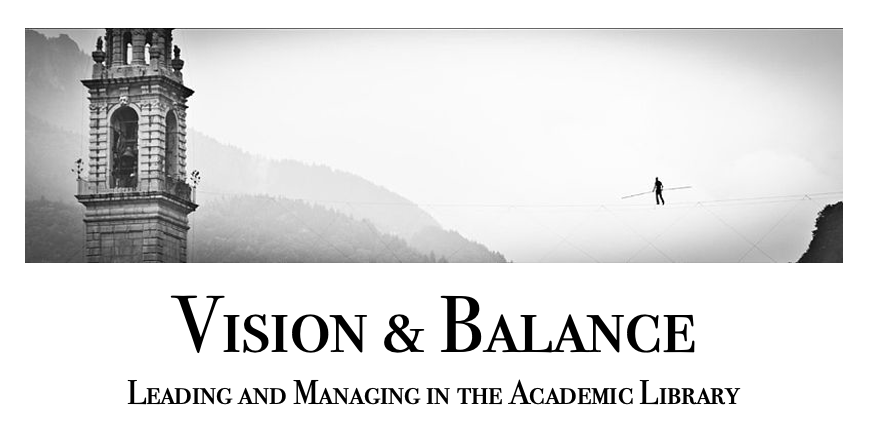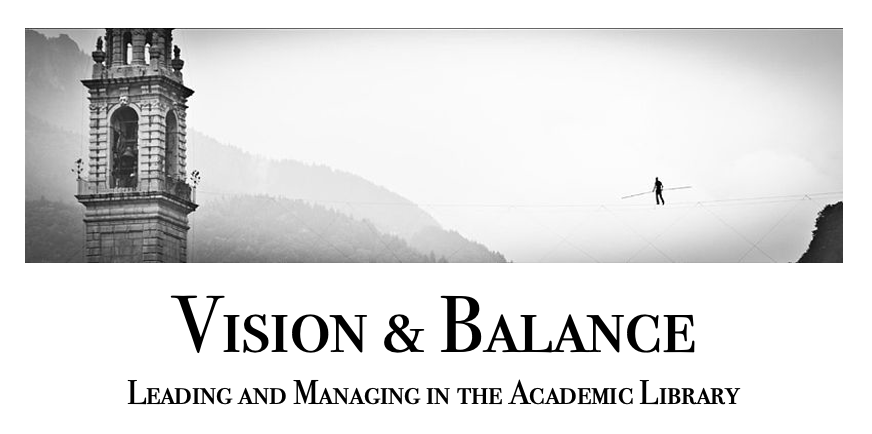"How Can the Library Help You?" Is a Useless Question. Here's Why.
Don't ask other people to understand the library better; instead, try to understand them and their needs.

At one point around the middle of my career, my scope of stewardship was broadened to include oversight of an interlibrary loan department. And I had what I thought was a pretty good idea: I told the ILL folks that whenever a requested book came in for a faculty member, I want to be notified so that I could use that opportunity to deliver the book in person and ask that faculty member "What can the library be doing to make your work easier?".
I thought it was a great idea. I'd be providing personal delivery service (everyone loves that, right?) and also getting to know the faculty better, and also demonstrating my desire to get feedback on the library's services and how they might change or improve.
What could be wrong with that?
Readers with experience in public service are already smiling kindly at me and gently shaking their heads. Because to them, what's wrong with the question "How can the library make your work easier?" is painfully obvious: the problem is that the great majority of faculty members have no idea how to answer it.
Sure, some of them will have a few specific ideas: "Let me check out books longer!," they might say, or "Pay my APCs!" or "Give me a research room!." And those are by no means useless responses – though they're not likely to be terribly useful, given that they're often going to be requests for systemic changes that will only be made if they turn out to be both a) feasible and b) desired by more than a single faculty member.
But the real problem with that question is that it is not the faculty member's job to know how the library can make her life easier. Her job is to figure out the complexities of her own work – define and carry out her research agenda, build curricula for her assigned classes, help students who are struggling, etc. – not to understand the work of the library's various service areas and provide guidance to us on how to improve them.
So if you shouldn't ask "How can we make your life easier?," what should you ask?
Here's what I decided: instead of asking the faculty to tell me what I and my team should be doing, I instead just asked them what they were doing. I led with "Tell me what kinds of projects you're working on at the moment." And then I listened carefully, watching for opportunities to point them towards existing library collections ("Did you know that we recently acquired a whole database of primary sources on that topic?") or services ("What a pain that you had to deal with that situation – you know, our staff in Circulation can help you if you run into it again"). And sometimes I came back to the library with ideas for new things we could do, based on what I had learned our faculty needed.
In other words, instead of asking the faculty to help me solve my problem (wanting to know how I could better help them) I set myself up to learn more about them and thus position myself to solve problems for them – sometimes problems they didn't even know the library could solve.
I've kept that lesson in mind ever since.
